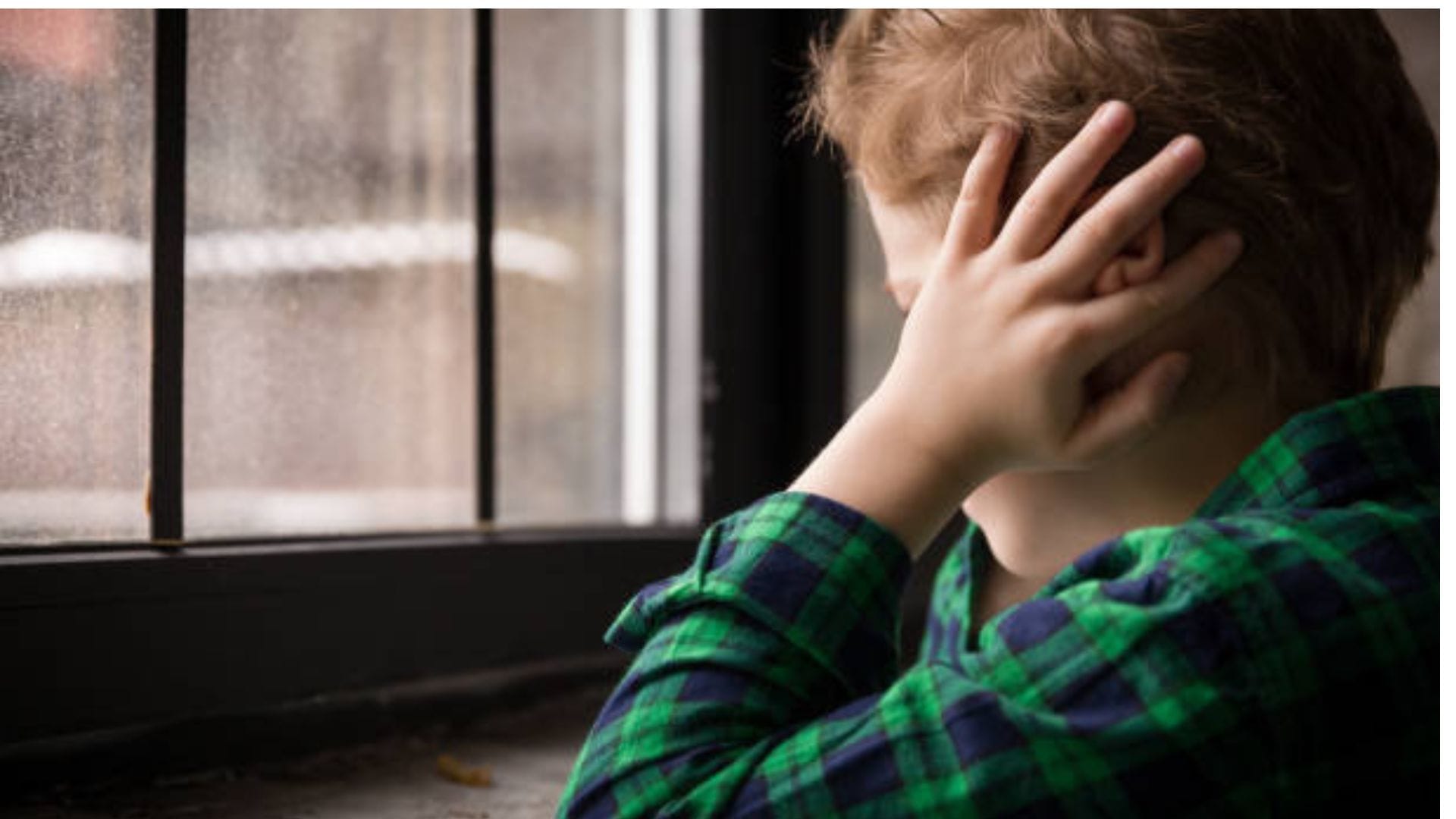It may surprise you if you experienced childhood trauma that the troubling issues you had as a child are still an issue for you as an adult. You can worry that your trauma from childhood would destroy your happiness, your relationships, or perhaps other aspects of your professional life. Perhaps you are unsure about where to start while learning how to heal.
Recently, you haven’t felt like yourself. And you’ve been wondering: Do you still have unresolved trauma from your childhood? You assumed it had ended. However, may your childhood trauma be permeating your adult life and give you the impression that everything is upside down? If so, why now, then?
It might sound like the sixty-million-dollar question, “Why now?” You’ve made an effort to advance. even frequently blotted it out effectively. But lately, you’ve started to worry again. occasionally on the verge of panic Miserable emotions are starting to rule. You might even want to curl up in a shell.
How could your trauma still be unattended? What’s the deal here?
Unresolved trauma: What is it?
Perhaps you’ve heard the term “unresolved trauma,” but what does it actually mean? You have told yourself that it is all behind you and that you have moved on. Isn’t that enough?
Perhaps you’ve also received therapy. How could you still be losing health? When you were traumatized as a child, it lingers within of you. You may even argue that it becomes ingrained in your bones. The memories are imprinted in your symptoms, relationship fights, and low self-worth, even if they are pushed away and ignored.
Many traumatized kids try their best to solve their own problems since they feel that they’ve always been on their own. The problem is that you can only accomplish so much on your own. The innate impacts of childhood trauma frequently remain “unresolved” because of this.
What causes trauma in young children?
Trauma can occasionally be rather visible, like in cases of physical or sexual assault. However, there are other forms of childhood trauma that you might not even recognize as trauma.
Neglect is upsetting, as is the death of a parent, a serious sickness as a child, a learning disability that made you question your abilities, having too many siblings, a parent who is distant, emotionally distant, worried, or even your parent’s own personal trauma.
Can a traumatic childhood be healed?
Unresolved childhood trauma is treatable, yes. Look for a therapist who has training in psychoanalysis or psychodynamics.
- A therapist who is aware of the impact of childhood experiences, particularly traumatic ones, on adult life. Ask for many consultations to see whether you sense empathic understanding. If not, keep searching.
- The importance of a safe therapeutic environment where you can build trust.
- Your therapist should acknowledge and respect your initial mistrust.
- All emotions must be welcomed, encouraged, and acknowledged. Those feelings may be anxiety, terror, deep sadness, and rage.
- Your therapy should unfold at your pace. You should not be hard-pressed or judged or told to move faster than you can.
You need a gentle, kind, sympathetic reaction, which Ishkama can provide. You need to feel safe and recognized by the small wounded child who still lives inside of you.
However, empathy is not the only factor. Additionally, you need someone who is knowledgeable about childhood trauma and how it affects your life.
You don’t have to put up with the worsening symptoms that emerge in response to pressure or unwelcome reminders. You will recover from unresolved childhood trauma when you receive this kind of therapy and can give yourself the time you require.

